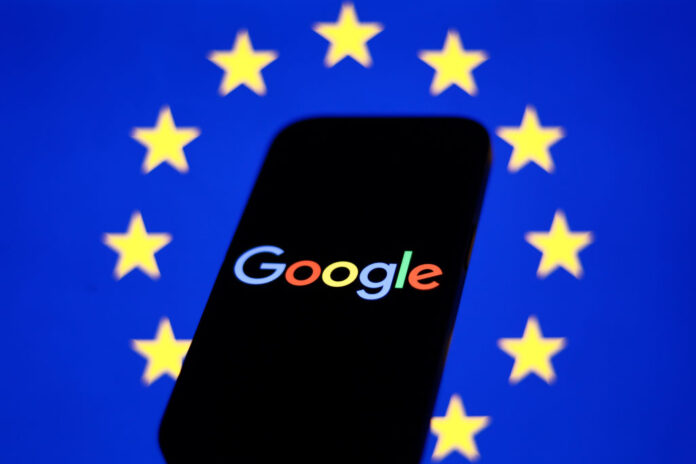Google has confirmed it can signal the European Union’s common objective AI code of observe, a voluntary framework that goals to assist AI builders implement processes and programs to adjust to the bloc’s AI Act.
Notably, Meta earlier this month mentioned it could not signal the code, calling the EU’s implementation of its AI laws “overreach,” and stating that Europe was “heading down the improper path on AI.”
Google’s dedication comes days earlier than guidelines for suppliers of “general-purpose AI fashions with systemic threat” go into impact on August 2. Firms more likely to be affected by these guidelines embrace main names equivalent to Anthropic, Google, Meta, and OpenAI, in addition to a number of different giant generative fashions, and they’re going to have two years to conform absolutely with the AI Act.
In a weblog put up on Wednesday, Kent Walker, president of worldwide affairs at Google, conceded that the ultimate model of the code of observe was higher than what the EU proposed initially, however he nonetheless famous reservations across the AI Act and the code.
“We stay involved that the AI Act and Code threat slowing Europe’s improvement and deployment of AI. Particularly, departures from EU copyright legislation, steps that gradual approvals, or necessities that expose commerce secrets and techniques may chill European mannequin improvement and deployment, harming Europe’s competitiveness,” wrote Walker.
By signing the EU’s code of observe, AI firms would comply with comply with a slate of pointers, which embrace offering up to date documentation about their AI instruments and companies; no coaching AI on pirated content material; and complying with requests from content material house owners to not use their works of their datasets.
A risk-based regulation for AI purposes, the EU’s landmark AI Act bans some “unacceptable threat” use instances, equivalent to cognitive behavioral manipulation or social scoring. The principles additionally outline a set of “high-risk” makes use of, together with biometrics and facial recognition, and the usage of AI in domains like training and employment. The act additionally requires builders to register AI programs and meet risk- and quality-management obligations.
Techcrunch occasion
San Francisco
|
October 27-29, 2025

